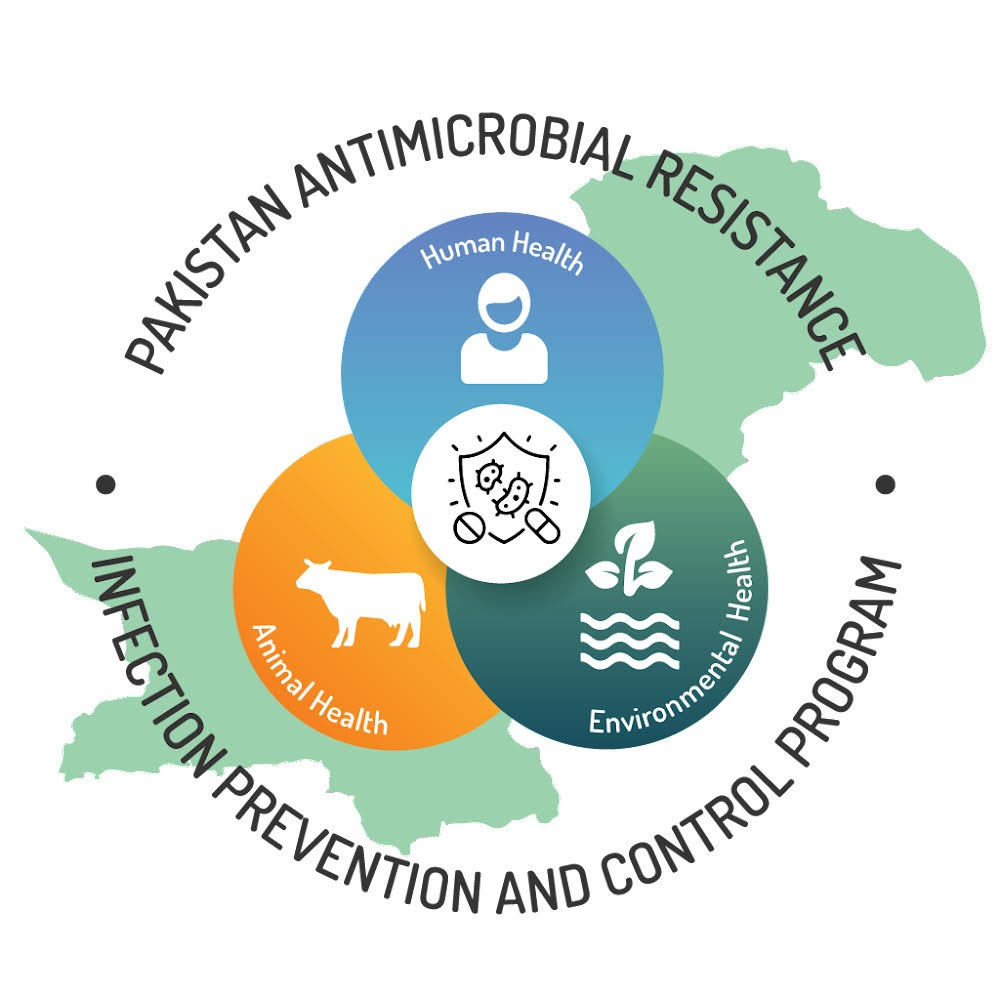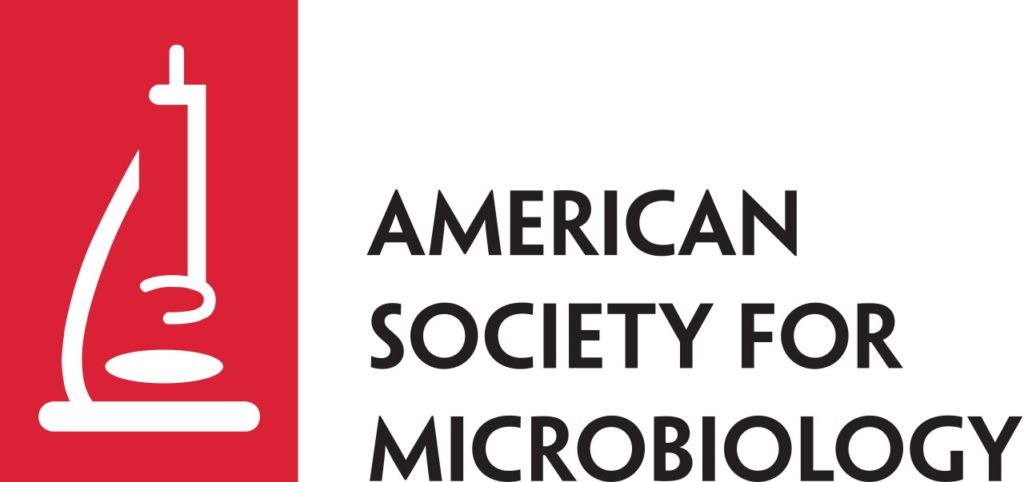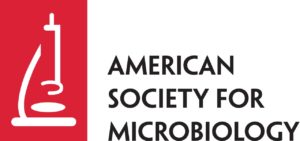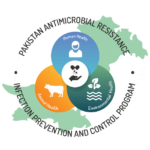National Institutes of Health
National Institutes of Health is one of the most prestigious institutions of the country involved in multi-disciplinary public health related activities like diagnostic services, research, and production of various vaccines for over 50 years. The growing problem of Antimicrobial Resistance (AMR) has emerged as a major health crisis in almost all countries of the world including Pakistan, resulting in an alarming increase in the burden of infections due to multi-drug resistant bacteria and limiting the choice of antimicrobials for treatment. Pakistan joined the international endorsement on AMR through WHO Global Action Plan in 2015. The Ministry of NHSR&C formed an Intersectoral Core Steering committee to oversee the process of developing a national AMR policy. The commitment led to the development of a National AMR Strategic Framework for Containment of Antimicrobial Resistance (2016) and an operational AMR National Action Plan (2017). National Institutes of Health is designated as national focal point for National International Health Regulation (IHR) and AMR by Ministry of NHSR&C. GLASS has been implemented by NIH since 2016, and it has led to development of Pakistan AMR Surveillance system (PASS) in 2018. NIH in collaboration with ASM developed the courses on antimicrobial resistance. These certified courses will help students and the microbiologists all over the world to gain knowledge about the antimicrobial resistance, the resistance mechanisms in bacteria and global strategies and actions against AMR.
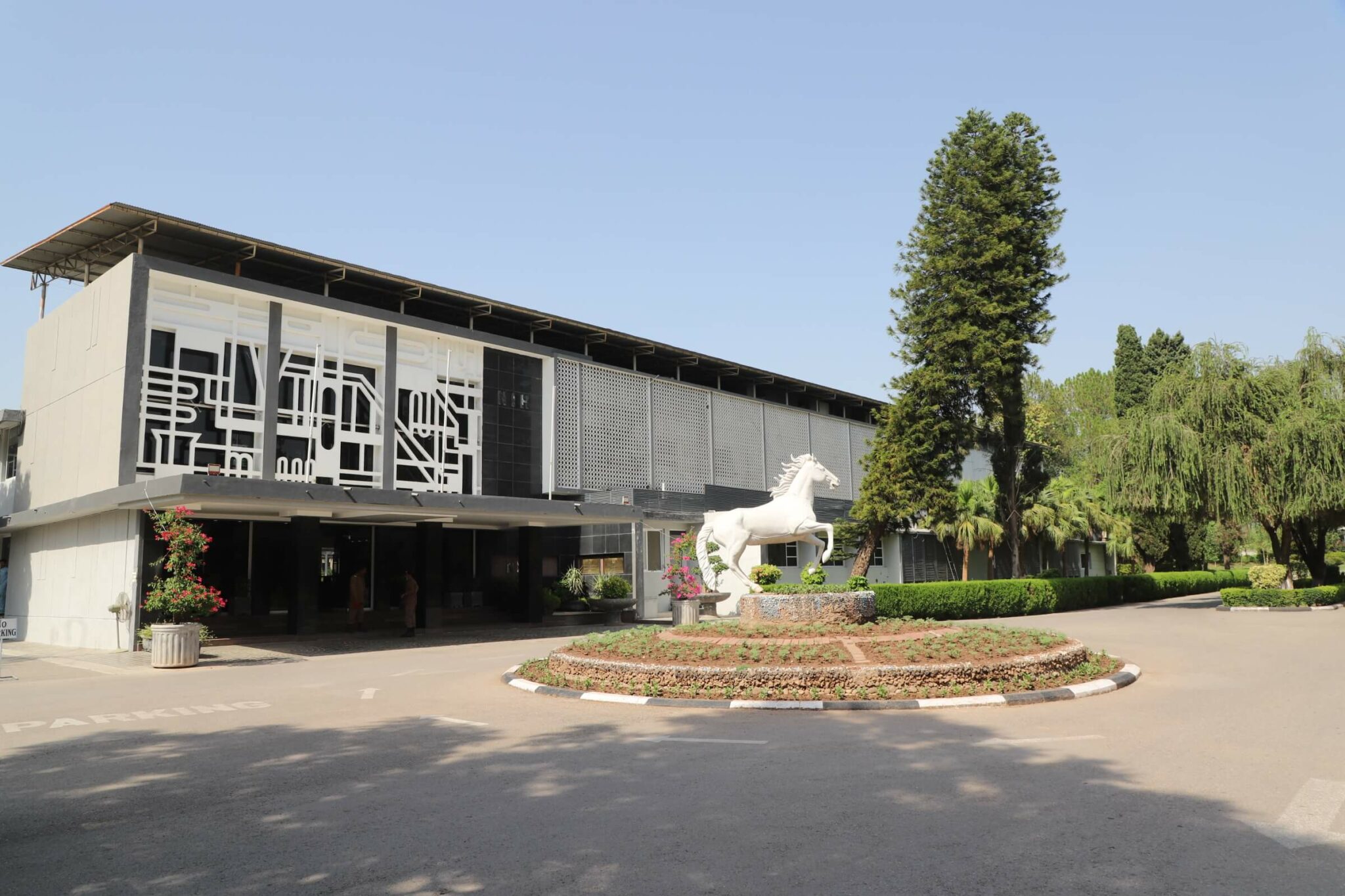
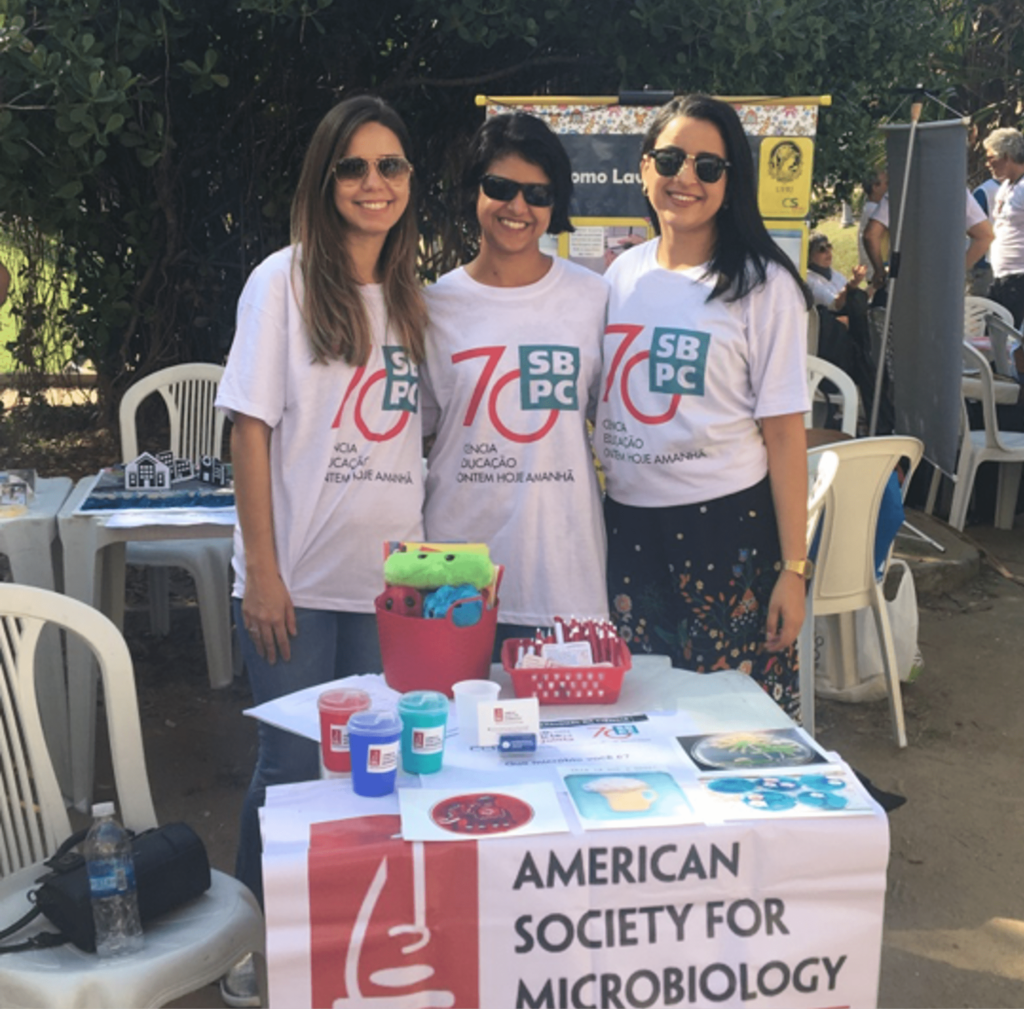
American Society Of Microbiology
ASM (USA) founded in 1899 is one of the largest professional organizations dedicated to
the life sciences. It has more than 30,000 members, including researchers, educators and
health professionals. ASM hosts meetings and conferences that provide unique forums to
explore the complete spectrum of microbiology. ASM provides professional development
opportunities and content to members to help them improve their skills, enhance their job
performance, and advance in their profession.
ASM strengthens laboratory capacity in remote, underserved areas and works with local
staff to help their facilities meet international standards. It delivers trainings on best
practices in testing, diagnosis, and communicating results. ASM develops sentinel
laboratories and contributes to the drafting of national action plans to help governments
combat AMR and other pressing public health problems.
ASM publishes 16 journals and a collection of books that provide current, influential
coverage of basic, applied and clinical microbial research. It collaborates with industry
partners through the ASM Corporate Council to strengthen the relationship with the industry
community and to explore new and creative ideas to address the needs of microbiologists.
ASM empowers members to advocate for evidence-based policies and the highest
standards in scientific practice.
